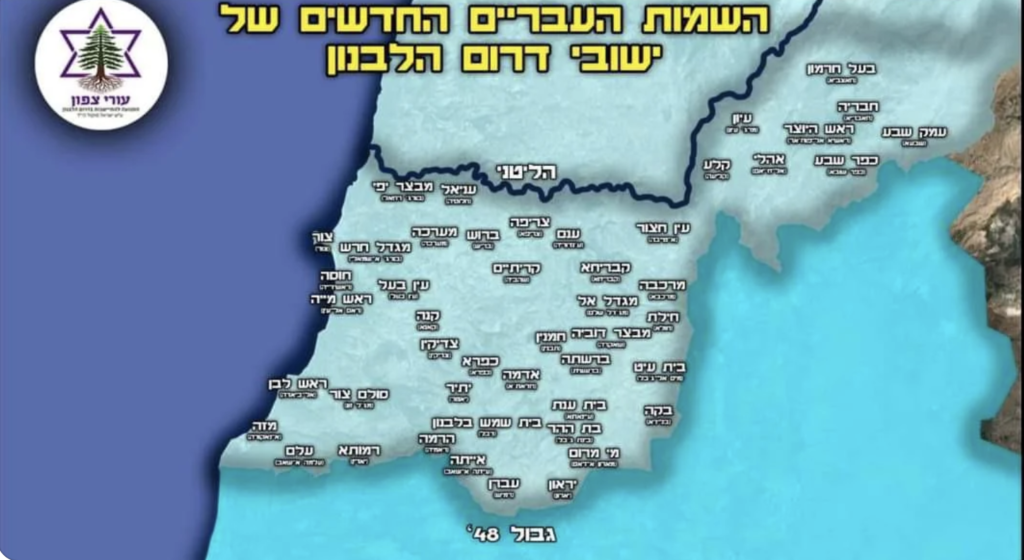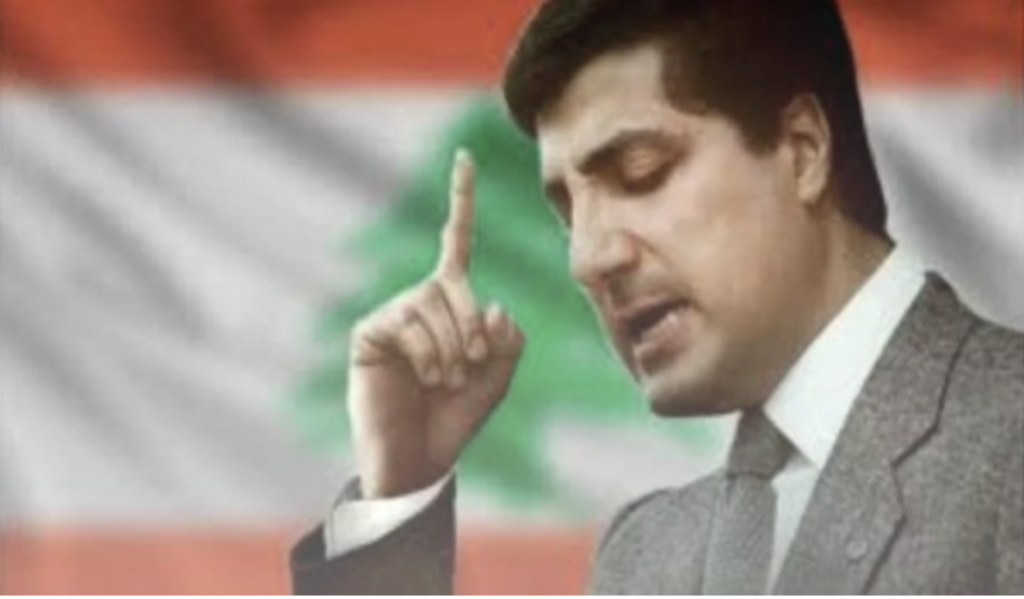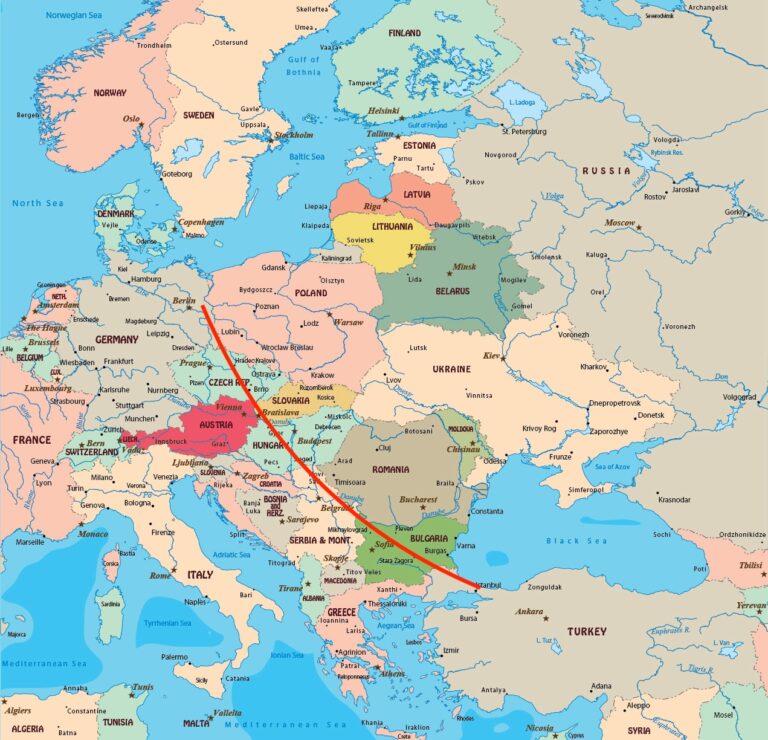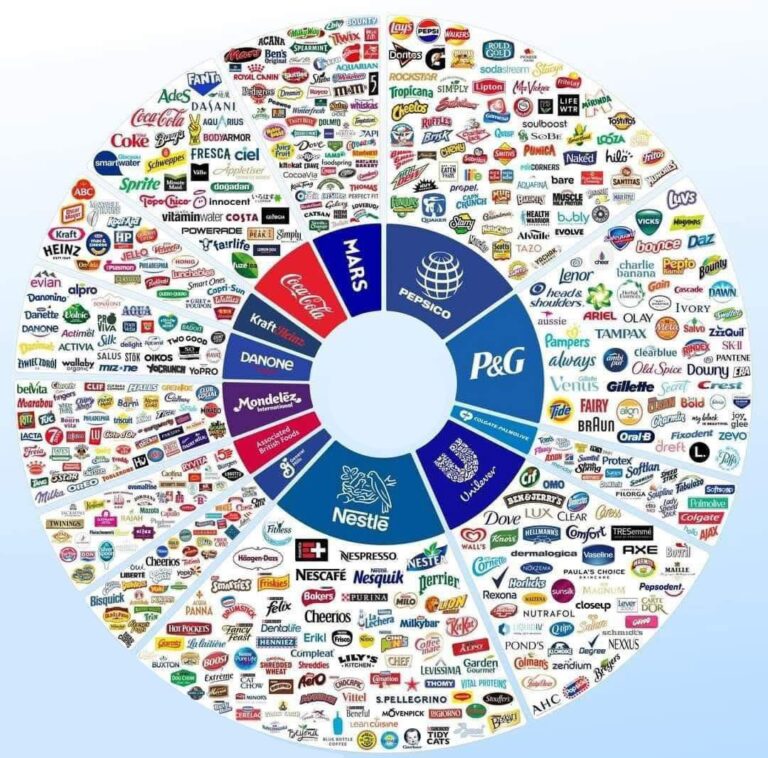by Andrea Tucci,
There is surely an alternative path to securing peace on Lebanon’s southern border, but this requires a sober reassessment addressing why so many Lebanese see the Hezbollah as an existential necessity.
Netanyahu’s “message to the people of Lebanon” is been a clear menace. “Hezbollah is weaker than it has been for many many years,” he said, calling on the Lebanese to “stand up and take your country back” lest Israel visit upon Lebanon “destruction and suffering like we have seen in Gaza. With this, it seemed that he wanted to preemptively try to justify to fight Hezbollah in densely populated areas and expanding its bombing of civilian neighborhoods and in other religious areas unaffiliated with Hezbollah.
Is true that the group has recently lost a swath of senior commanders but Its organizational structure remains standing. But is also true intact is Hezbollah’s stockpile of rockets and armed drones, still number in the many tens of thousands. Hezbollah’s ability to deploy them in deadly escalation was demonstrated in the strike Sunday on an Israeli military base south of Haifa, which left four soldiers dead and almost 70 wounded.
Following numerous wounded Israeli soldiers being sent back from the front, Israel has already up its ground troop commitment by a third, while Hezbollah is certainly taking losses but the Israel’s land invasion is quickly taking on the contours of a quagmire.
There is a Washington’s misreading of the current “opportunity” that many Lebanese, and not exclusively in the Shia Muslim community, see no alternative to an armed Hezbollah. The Lebanese Armed Forces (LAF), Lebanon’s army, made a logical choice to take needless casualties against an enemy that is overwhelmingly more powerful, sounds like another reminder that no other force in Lebanon, except Hezbollah, can protect their homes and communities from Israel.
More than ever today, people see what is happening in the occupied West Bank, where hundreds of thousands of Israeli settlers continue to build upon stolen land, displacing Palestinian families who had lived there from time immemorial. South Lebanon would be little different were it not for Hezbollah’s 18 year armed resistance to Israeli occupation its expansionist agenda remained. An example is the Israeli soldiers recently planted their flag in the Lebanese village of Maroun al-Ras, while a settler group published a map of South Lebanon reworked with Hebrew village names.

Photo: settler group published a map of South Lebanon reworked with Hebrew village names and with a logo of cedar tree ( present in Lebanese flag) surronded by the David star
Lebanon is part of Israel’s expansionist project, and Hezbollah for many Lebanese is still the only force capable of defending theis homes from a Zionist advance. True is also that from 1980 Hezbollah’s arms have also grown into a source of strength and protection for Lebanon’s Shia community within Lebanon, where it has historically been the most economically and politically marginalised of the major sects. The force Hezbollah’s arsenal provided the Shia group from May 2008, to be part of government’s force made them dominant players in political decision-making.
It also important to keep in mind that the last time Israel strongarmed its favored Lebanese candidate, Bashir Gemayel, (with the support of USA) into the president’s chair, in the 1982 few weeks after his election It also important to keep in mind that the last time Israel strongarmed its favored Lebanese candidate, Bashir Gemayel, (with the support of USA) into the president’s chair, in the 1982, few weeks after his election, was assasinated.

Photo: Year 1982 -Bashir Gemayel President of Lebanon assassinated few weeks after his election
On the other side if some parties within Lebanon attempting to compel Hezbollah to disarm would lead directly to civil war one in which Hezbollah would be the most heavily armed participant…
Today ” The Party of God” showing an openness to a ceasefire. A ceasefire in Lebanon is essential in the short term to preserve the Lebanese state, which was already in a deep crisis after five years of financial collapse, political paralysis, the Beirut port explosion, and a Syrian refugee crisis. Added to this, the ongoing war has killed more than 2.000, injured 10.000, displaced 1 million.
A necessary a ceasefire where part of agreement foresee a path for Hezbollah’s military capacities to come under the control of the Lebanese Army.
This negotiation must be linked to a new regional security agreement supported by the international community: a sustainable balance that restrains Israel’s expansionist proclivities, for secure and peaceful borders, in exchange the handing over of weapons by Hezbollah to the Lebanese state.
The result must be a mechanism that guarantees the Shia community a prominent role alongside the other sects in political decision-making.
The US and Israel current path have taken assures little but a broadening of the war, potentially involving more countries.
A very very dangerous escalation….



